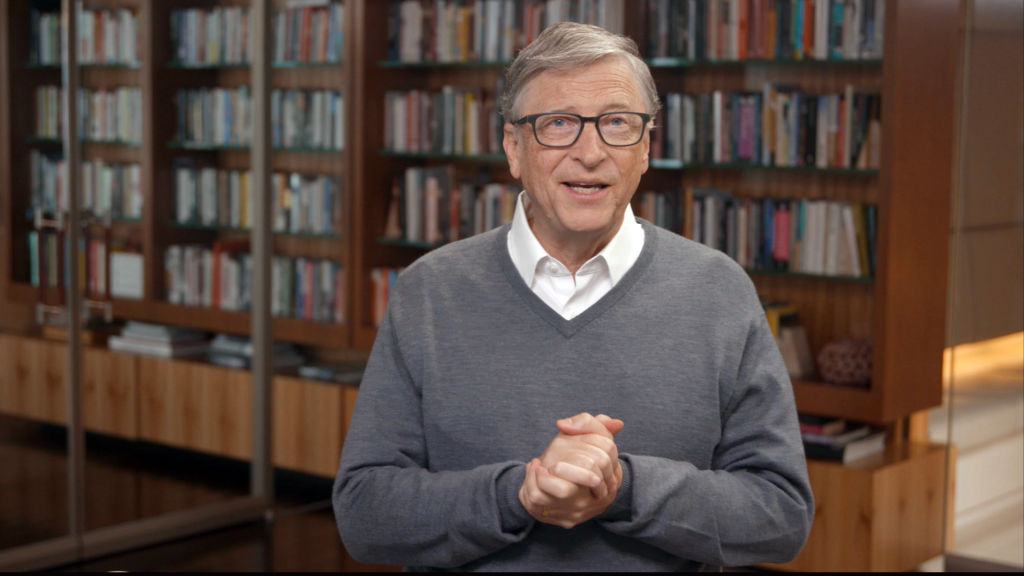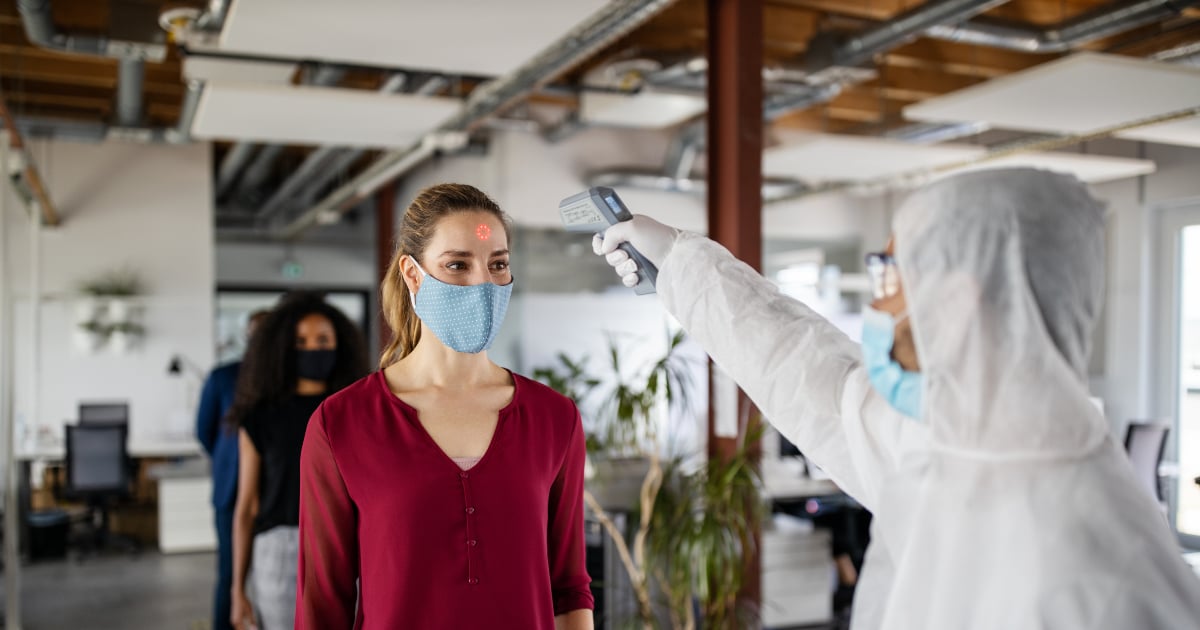Bill Gates Explains Why Curing COVID Is Way Easier Than Solving Climate Change
The Microsoft mogul believes zero carbon emissions could be mankind’s “greatest achievement.”

Microsoft co-founder Bill Gates has been an influential voice in the worldwide war against the coronavirus pandemic. In his new book, How to Avoid a Climate Disaster, Gates asserts that climate change will be much more challenging than fighting COVID-19.

According to Gates, humanity’s greatest achievement, in the end, could be nailing the challenge of achieving zero greenhouse emissions.
In How to Avoid a Climate Disaster, the billionaire philanthropist talks about effective tactics to address climate change. Gates believes many don’t understand the true size of the challenges facing the effort to achieve zero emissions.
Gates thinks we need to either get rid of or “greenify” sources that produce the billions of tons of greenhouse gases pumped into our planet’s atmosphere each year. Here’s a portion of an interview he gave to the BBC:
“Right now, you don’t see the pain you’re causing as you emit carbon dioxide,” is how Mr Gates puts it.
That’s why he says governments have to intervene.
“We need to have price signals to tell the private sector that we want green products,” he says.
In an excerpt from Climate Disaster published by the Guardian, Gates addressed the fact that as a mogul, he may not seem like the best messenger:
It’s true that my carbon footprint is absurdly high. For a long time I have felt guilty about this. Working on this book has made me even more conscious of my responsibility to reduce my emissions; shrinking my carbon footprint is the least that can be expected of someone in my position. In 2020, I started buying sustainable jet fuel and will fully offset my family’s aviation emissions in 2021. For our non-aviation emissions, I’m buying offsets through a company that removes carbon dioxide from the air and a nonprofit that installs clean energy upgrades in affordable housing units in Chicago.
I’m also investing in zero-carbon technologies. Some things, like electricity and cars, get lots of attention, but they are only the beginning. Passenger cars represent less than half of all the emissions from transportation, which in turn is 16% of all emissions worldwide. Meanwhile, making steel and cement accounts for around 10% of all emissions.
So in his way, Gates is practicing what he’s trying to preach. He’s not the only noted tech billionaire doing so, either—CNBC reports both Gates and Amazon founder Jeff Bezos have invested in a clean energy start-up called Commonwealth Fusion Systems. The “Fusion” in the company name does indeed stand for nuclear fusion.
Here’s more from CNBC:
So far, Commonwealth Fusion Systems has raised more than $215 million, with its most recent funding round announced in May. Breakthrough Energy Ventures, a fund with investments from Gates, Bezos, Ray Dalio, Richard Branson, Jack Ma, Michael Bloomberg and others, has contributed to Commonwealth Fusion Systems, as has The Engine, a venture capital company associated with MIT. CFS says the current funding will take the company through 2021, but it will seek additional funding.
Bill Gates draws more than one connection between the COVID-19 challenge and achieving zero emissions. In the end, he can write all he wants, but it’s up to governments to step in and take care of things.
“We rely on government to look out for the future,” Gates said in an interview published Monday in the Guardian, “so that even if something unlikely shows up, people aren’t dying and the economy isn’t wrecked.”
“And so for the pandemic,” Gates continues, “despite many people, including myself, saying that we ought to get prepared – literally the title of my Ted talk was ‘We’re not ready’ – the government let us down. And so with climate change: we want government to look ahead and do the right things.”
In just under a year, the coronavirus pandemic has killed nearly a half-million Americans alone—it is on a pace to eclipse the death toll from the 1918 Spanish Flu pandemic. Bill Gates makes great points about the environment, but COVID will likely remain foremost on everyone’s mind for the foreseeable future.
